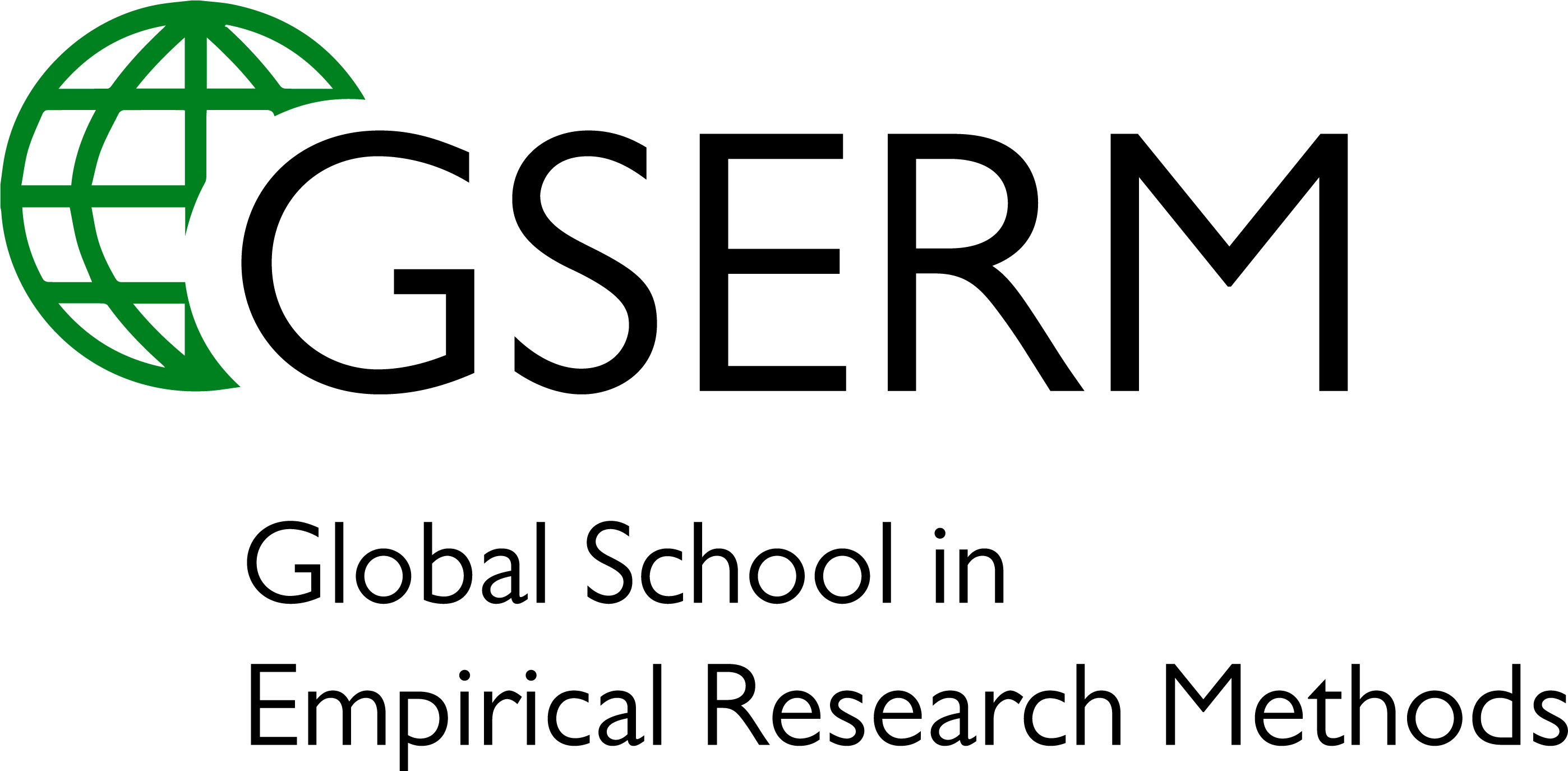In the past 60 years econometrics provided us with many tools to uncover lots of different types of correlations. The technical
level of this literature is impressive. However, correlations are less interesting if they do not have a causal implication. For
example, the fact that smokers are more likely to die earlier than other people does not tell us much about the effect of smoking. It
might just be that smokers are the type of people who face more health and crime risks for quite different (social or genetic)
reasons. The same problem occurs with almost any correlation of economic or financial variables. The interesting question is
always whether these correlations are spurious, or whether they do tell us something about the underlying causal link of the
different variables involved?
In this course we review and organize the rapidly developing literature on causal analysis in economics and econometrics and
consider the conditions and methods required for drawing causal inferences from the data. Empirical applications are important
in this course and so is the very recent literature on causal machine learning.
Active participation of PhD students participating in this course is expected. During the second part of the course, participants
will conduct their own empirical study and present their results.


